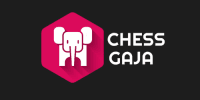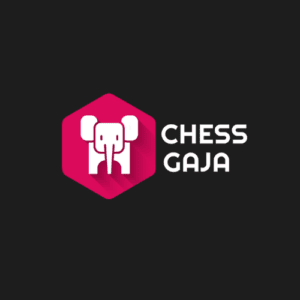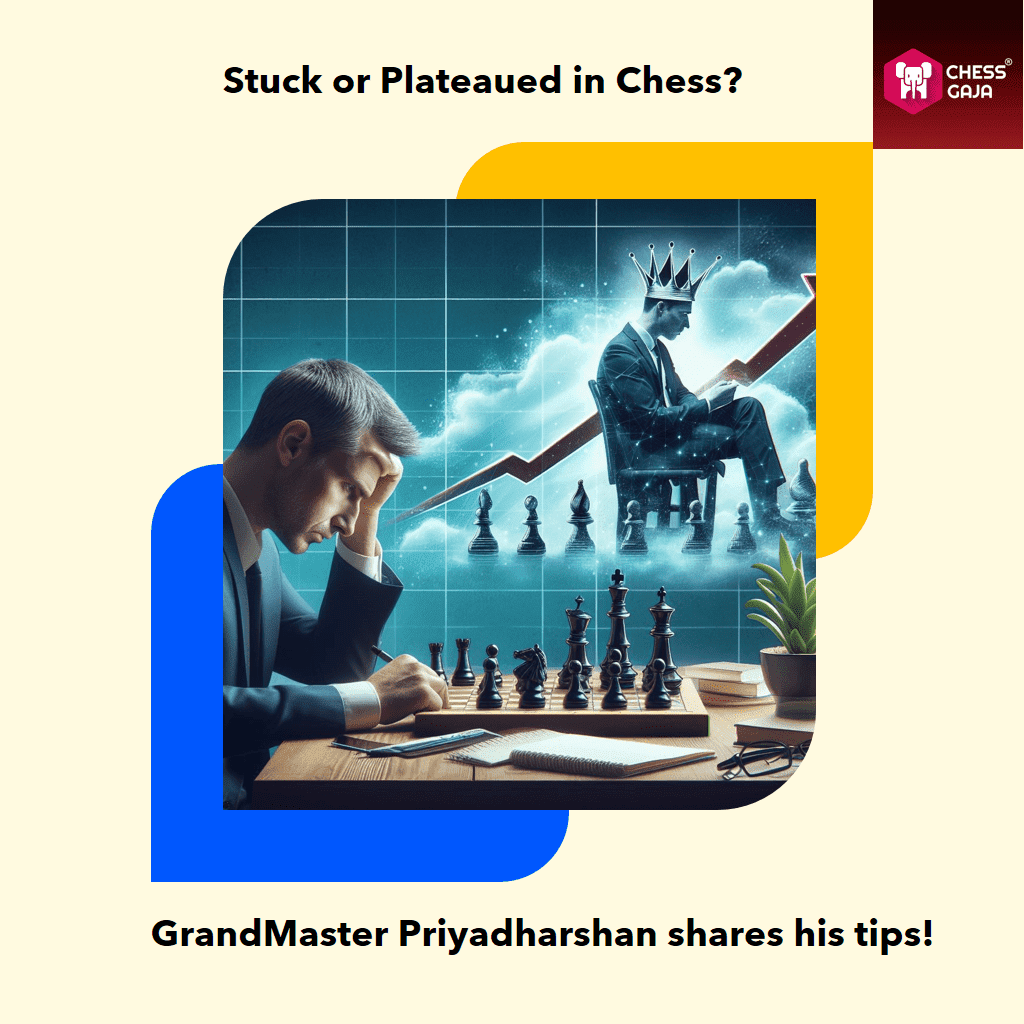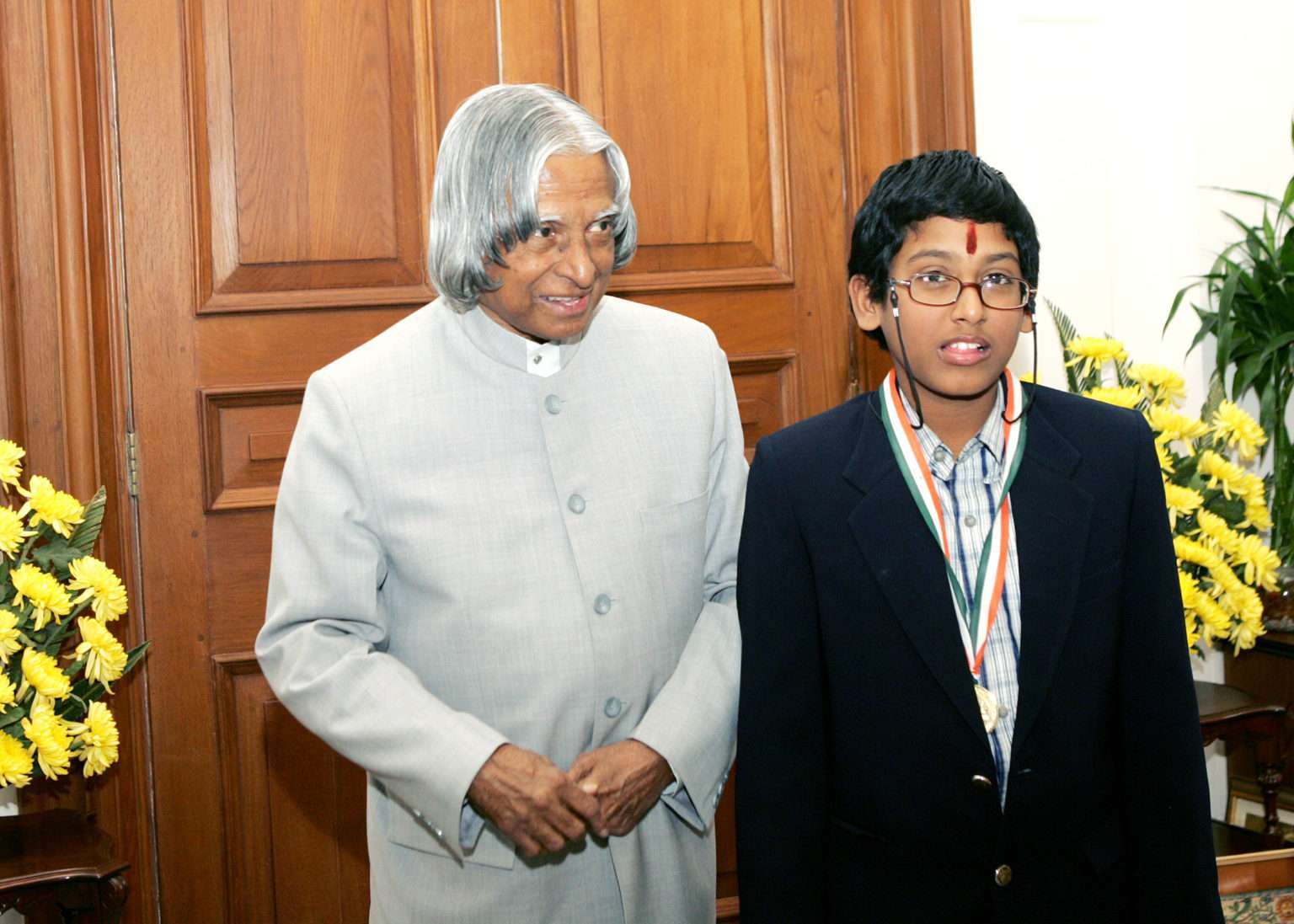Introduction
Have you ever found yourself at a point in your chess journey where you feel stuck and unable to improve? This is a common occurrence for chess players on all levels. It’s what we call a “skill plateau” – a phase where your progress becomes stagnant and you struggle to see any improvement in your game. But rest assured, breaking through this plateau is possible with the right steps and mindset.
My plateau experience as a player
I experienced a plateau as I crossed 2400 FIDE for the first time in 2012 July, and I kept circling around the 2400-2450 range till 2014 July. In these two years, I was consistently working on my game, but it was not reflecting in terms of rating improvement.

In these two years from 2012 to 2014, I had the opportunity to interact with many Grand Masters as I lived in St.Louis, Missouri and these interactions helped me vastly increase my chess knowledge but did not convert into any substantial rating improvement.
My plateau experience as a coach
I have been actively training students since 2018, and as a FIDE Trainer, I have had the opportunity to observe students who have gone through a plateau mainly under the 2000 rating range.
The students get very frustrated when they get stuck and many a time have a series of poor performances as the pressure to break through from the plateau is so overwhelming they end up making a lot of poor decisions lose rating points, and end us losing more confidence and rating points.
So what is the answer to this problem?
The solution to being stuck at the same chess rating
The solution or the advice that I suggest here is based on my experiences as a player and coach, and want to mention that I have generalized it to some extent so that it applies to the majority of chess levels.
If you are looking for a clear path to a breakthrough, the best solution would be to work with a chess coach with clear, tangible goals and work on making the breakthrough.
Understanding the Plateau
Before we delve into the steps to overcome skill plateaus, it’s important to understand what causes them. Skill plateaus occur when players reach a level of competence where their current strategies and knowledge are no longer sufficient to continue progressing. It’s like hitting a wall in your chess development. The familiar tactics and patterns that once brought success are no longer effective against stronger opponents.
Instead of becoming frustrated or discouraged, it’s essential to embrace the plateau as an opportunity for growth. Think of it as a signal that you’ve reached a new level in your chess journey. Breaking the plateau requires you to take initiative be open to trying new things and the willingness to step outside your comfort zone.
Step 1: Analyze Your Game
The first step in overcoming a skill plateau is to conduct a thorough analysis of your game. This includes both your wins and losses. Look for patterns and recurring mistakes that may be hindering your progress. Are you struggling with particular types of positions? Are you frequently falling into tactical traps?
Reviewing your games with the help of a chess engine or a strong player can provide valuable insights into your shortcomings. Note the specific areas where you feel you need improvement. This will serve as a roadmap for your training moving forward.
When I analyzed my games with my coach when I was stuck in the 2400 level, I realized I needed to work on the attacking and calculation aspects of my play, as I had some big shortcomings in those two areas of my play. During class, my coach gave me a lot of practice positions where I had to calculate 12-15 moves deeply in a position with many sub-branches over 45-50 minutes.
Step 2: Expand Your Repertoire
One common reason for skill plateaus is overreliance on a limited range of openings and strategies. To overcome this, it’s crucial to expand your repertoire. Experiment with different openings and study the corresponding middle game typical tactics.
You can read an example of how this switching opening strategy helped one of my students gain 100 chess rating points in this blog.
By diversifying your arsenal, you will become more adaptable and less predictable to your opponents. This helps to keep them off balance and increases your chances of scoring points.
Step 3: Study Grand Master Games
Studying Grand Master games is an excellent way to gain inspiration and learn new ideas and concepts. By analyzing the games of renowned chess players, you can observe how they handle various positions, formulate plans, and execute winning strategies.
Focus on players whose playing style aligns with your preferences or those you wish to emulate. Gain insights into their decision-making process, positional understanding, and endgame prowess. Through this study, you’ll develop a deeper understanding of chess principles and improve your overall game.
Step 4: Engage in Tactical Training
Tactics play a vital role in chess. Even the best positional players rely on their tactical skills to create winning opportunities. To break through your skill plateau, dedicate focused time to tactical training.
There are many resources available for tactical training, including puzzle books, online training platforms, and mobile apps. Regularly solve puzzles to sharpen your pattern recognition, calculation, and visualization skills. This will directly translate to improved performance during your games.
Step 5: Improve your visualization skills
Getting better at tactics is not just about spotting forcing moves, but it is about the idea of visualizing the board in a deeper way, where you can see the board clearly, even when you are 5-6 moves deep in calculation.
You can improve your visualization by playing games on your head or reading chess books without a chess board as it will force you to visualize on your head. Additionally, you can use resources like the Blindfold Chess Puzzles website or Blindfold Chess Game by Chess Insights.
Step 6: Seek Knowledge from Chess Literature
Chess literature, including books written by top players and renowned chess coaches, offers a wealth of knowledge and guidance. Often, these books provide detailed explanations of various strategic concepts, tactical motifs, and instructive annotations on classic games.
Investing time in reading and studying chess literature will deepen your understanding of the game and enhance your ability to apply theoretical concepts. Choose books that align with your current level and target areas for improvement. Work through the exercises and actively engage with the material to maximize your learning.
Step 7: Play Stronger Opposition
If you primarily play against opponents at your level, it might be time to challenge yourself by seeking stronger opposition. Playing against stronger players exposes you to higher-level strategies and tactics, forcing you to adapt and improve.
Participate in local chess clubs, tournaments, or online platforms that offer you the opportunity to face stronger opponents. While it may be intimidating at first, this exposure will accelerate your chess development and help you break through the plateau.
Step 8: Reflect and Adjust
Breaking a skill plateau is an ongoing process that requires self-reflection and continual adjustment. Regularly assess your progress and identify areas where you still have room for improvement. Are your new strategies and techniques paying off? Are there specific weaknesses that continue to hinder your game?
Self-reflection allows you to fine-tune your training regimen and adapt your approach to address your weaknesses effectively. This iterative process ensures you are continually growing as a player and moving beyond your skill plateau.
Conclusion
Overcoming a skill plateau in chess requires persistence, dedication, and a willingness to step outside your comfort zone. By following these step-by-step guidelines, you will regain momentum in your chess journey and continue progressing towards higher levels of play.
Remember, every plateau is an opportunity for growth. Embrace the challenge, stay consistent in your training, and enjoy the journey towards becoming a stronger chess player.
I wish for all the readers of this blog to achieve their chess goals successfully!
Lead image created using Bing Create using specific prompts by the Chess Gaja Team









